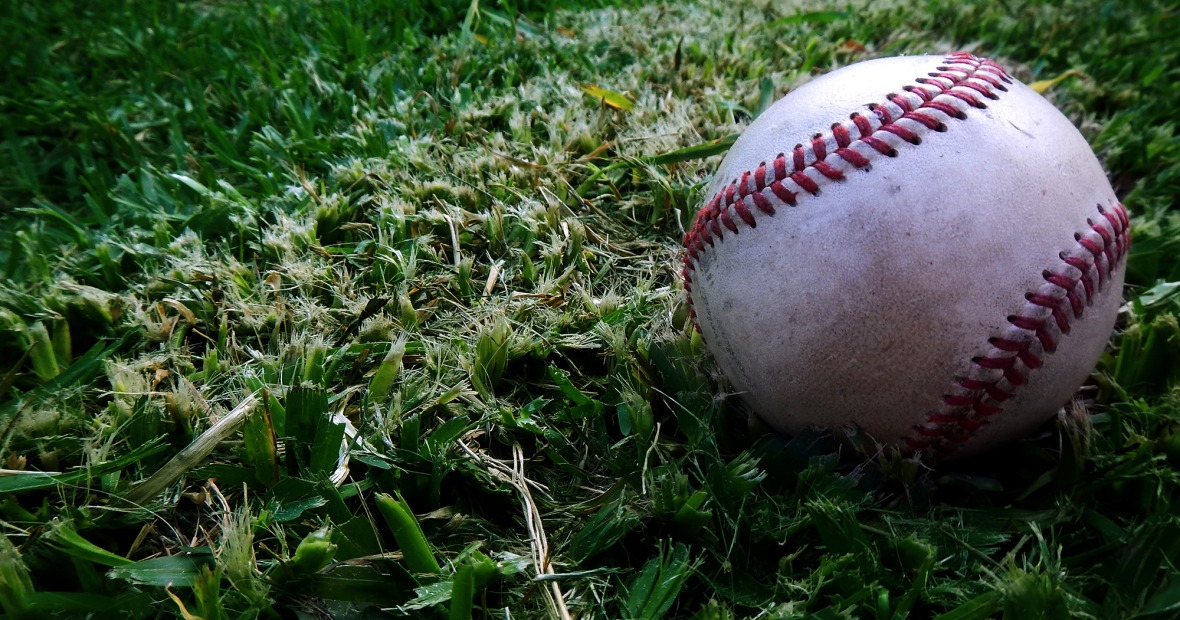The Linguistic Structure of Japanese Baseball Chants
4 p.m. Monday, Feb. 26, 2018
World-renowned phonologist Armin Mester will present work he has been developing with collaborators that seeks to explain the complex sound patterns in adapting a batter’s name for use in Japanese baseball chant of the type “kattobase ...” ‘let it fly, ...!’
The Linguistics Concentration, along with the Center for the Humanities, the Chinese and Japanese Department, and the East Asian Studies Concentration, is proud to bring Mester to campus. He will speak at 4 p.m. Monday, Feb. 26, 2018, in ARH Room 120.
Anyone interested in or curious about how we put together the sounds of our language into words and phrases can learn how we follow patterns even as we express enjoyment of our national pastime — in our cheers and our jeers, in front of the TV or CLAP-CLAP-CLAP-clap-CLAP'ing at the stadium — just like any other area of human cognition and behavior, no matter the language or side of the ocean.
Mester is professor emeritus of linguistics at the University of California, Santa Cruz, where he has taught since 1989. His papers and monographs range over problems of phonology, morphology, and syntax not just in German and Japanese but also Sanskrit, Danish, Eskimo, Tongan, Latin, and Ancient Greek.
He earned his Ph.D. in 1986 from the University of Massachusetts, Amherst, under the direction of Alan Prince, having completed his Erstes Staatsexamen (first state examination) from the University of Göttingen (Germany) in 1978. He has held visiting appointments at the National Institute of Japanese Language and Linguistics (Tokyo) and the universities at Kyoto, Kobe, Tsukuba, Tübingen, and his graduate alma mater. Armin is the author and co-author of a monograph and more than fifty papers that have appeared in various collections, handbooks, and journals. Professor Mester’s scholarship has been recognized with awards from the Japan Society for the Promotion of Science, Monbusho International Scientific Research Program, and National Science Foundation.

